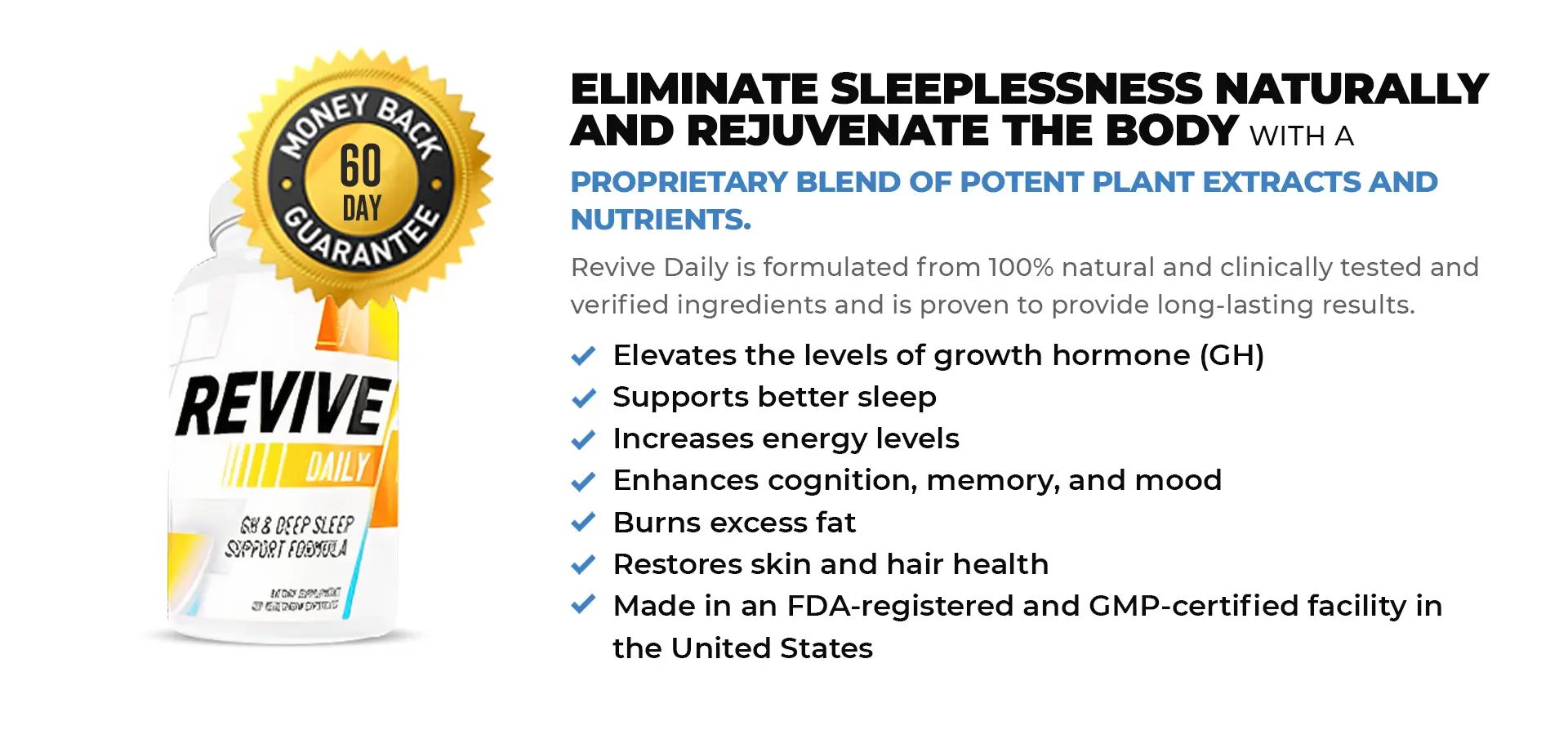Living and eating for maximum nutrition
The past few years have seen a bit of a resurgence of interest in healthy living and healthy eating, and that is a good thing. We all know that most people do not eat enough fruits and vegetables and that many people eat too many of the wrong things – like sugar, salt, and fat. Reversing this trend will take some time and some effort, but starting with your own diet is a great way to improve your health and your life.
The key to changing your diet, of course, is to change it in ways that you can live for a lifetime. The reason that most diet and lifestyle changes fail is that they are too difficult to follow once the initial excitement has worn off. The key is to make small changes, simple changes, that you can follow for the rest of your life.
Where you start your healthy eating plan depends in great part on your particular goals. For many people, a healthy eating program can be as simple as eating more fruits and vegetables. For others, a healthy eating plan will require a radical change in the way they shop, cook, and eat.
Healthy Eating
Since healthy eating means so many different things to different people, it is impossible to come up with a single healthy eating guide that will be right for everyone. The runner toning up for a marathon will have different nutritional needs than the factor worker who wants to lose 20 pounds.
No matter what the goal, however, it is important to eat a variety of foods, and to make smart choices when shopping, when cooking, and when eating. Eating out can present special challenges, and it is important to familiarize yourself with the ingredients of the foods you order in your favorite restaurant.
Making healthy food choices means eating more of the good foods – like vegetables, fruits, whole grains, etc., and less of the bad foods, like salt, sugar, and fats.
Starting by eating more high-nutrition, low-calorie food is a good place to start. Luckily, the produce section of the local grocery store likely contains hundreds of different examples of such foods. Fruits and vegetables are almost always low in calories and fat, and they are generally very nutritious as well.
Since variety is so important to a healthy diet, it is a good idea to try out a sampling of different fruits and vegetables on your first healthy eating shopping trip. Start with some of the fruits and vegetables you have always wanted to try but never gotten around to. For instance, many people have never tasted asparagus, spinach or Brussels sprouts. While some love these foods and others hate them, you will never know unless you try them for yourself.
This kind of foraging is a great way to introduce yourself to foods you have never tried before. It is a great way to try new things, and you just might discover a new favorite food while you’re at it.
Experimenting with cooking all these exotic fruits and vegetables is another great idea. There are a ton of healthy cooking recipes and cookbooks on the market, and a new cookbook can be a great motivator for healthy eating.
It is important to remember that making your diet healthier does not necessarily mean making a radical change. Simple changes, like trimming the excess fat off of a steak, or substituting nonfat yogurt for sour cream on your baked potato, can go a long way toward enjoying a healthier lifestyle.
As a matter of fact, in the long run, the simplest and easiest-to-follow changes are the ones that matter most. That is because making easy changes means that you will be able to stick with them for the long run. Healthy eating is a marathon, not a sprint.
DISCLAIMER:
This information is not presented by a medical practitioner and is for educational and informational purposes only. The content is not intended to be a substitute for professional medical advice, diagnosis, or treatment. Always seek the advice of your physician or other qualified healthcare providers with any questions you may have regarding a medical condition. Never disregard professional medical advice or delay in seeking it because of something you have read.
Since natural and/or dietary supplements are not FDA-approved they must be accompanied by a two-part disclaimer on the product label: that the statement has not been evaluated by FDA and that the product is not intended to “diagnose, treat, cure or prevent any disease.”





